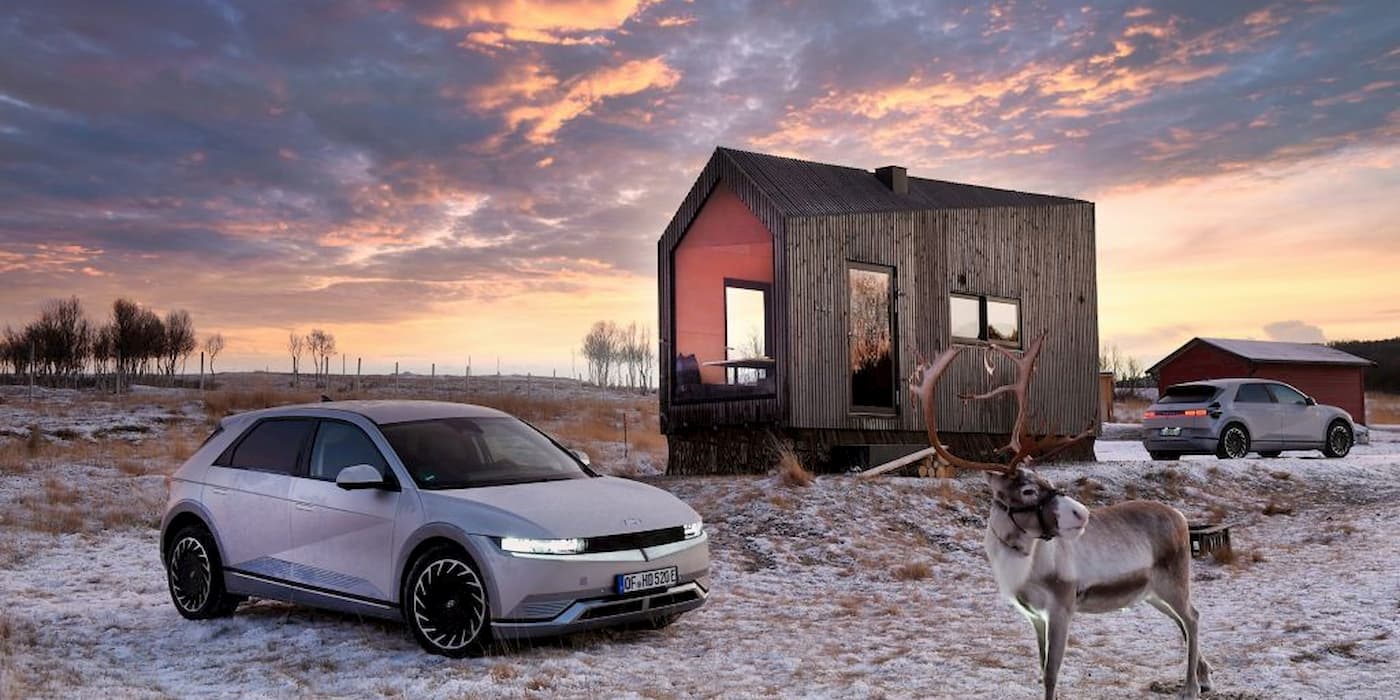We have great confidence in our model portfolio and now that we have launched the all-new IONIQ 6, it is time to sell only fully electric vehicles on the Norwegian market.The IONIQ 5 and KONA Electric are the most popular on the market. has long established itself as part of one of the We are confident that pure electric vehicles will bring continued success into the future. Thomas Rosvold, Managing Director, Hyundai Motor NorwayThese plug-in hybrids will account for 7% of Hyundai's sales in 2022, and electric vehicles have consistently accounted for over 90% of Hyundai's Norwegian sales in recent years. So leaving the last few percent of hybrids alone won't make much of a difference in revenue, helping the company focus its messaging, sales and logistics on what clearly accounts for the majority of its domestic sales. According to Hyundai, the company's Ioniq 5 is Norway's fifth best-selling car this year, and Hyundai is the brand Norwegians most associate with electrification. The Model Y set an all-time sales record in Norway. This is the first market where Hyundai sells only fully electric vehicles. Hyundai isn't the first company to announce a similar move, but he's one of the few. Volvo made a similar announcement earlier this year, saying that by 2023 sales in Norway will shift exclusively to BEVs and PHEVs. VW has said it will only sell his BEV vehicles in Norway from 2024, not including his plug-in hybrids. This puts Hyundai ahead in terms of these companies' commitments, either in scope or timeline.
Electrek take
This is the first traditional ICE manufacturer we can think of that has stopped selling all vehicles with internal combustion engines. There are brands, but it's quite a statement that the company as a whole will stop selling engines. If you can remember something else (not all Norwegian press releases are available), let us know in the comments. Yes, it was written on the wall anyway because it's only one sales territory and it's clear that BEVs have taken over the country, but leaving the engine is still a big step for automakers. The engine is outsourced to a supplier, and the engine is one of the few car parts that the manufacturer does in-house. But the main point I want to highlight about Norway is that the country set and achieved its goals early. Despite setting a target of 2025, the earliest in the world to go all electric, the country seems to be achieving it very easily. That's why when other places have set less ambitious targets like 2035 (or later), on the one hand I wonder why they couldn't set earlier targets, but on the other hand, Remind yourself that those goals are quite possible. We can meet earlier than planned. By the way Norwegian Current Over 80% BEV share is in California 2035 With the ban on petrol cars, 20% of the vehicles will actually be plug-in hybrids.Non-electrified vehicles are not permitted, but Norway already At 80% EV, hopefully California will get there soon.FTC: I use automated affiliate links to earn income. more.
